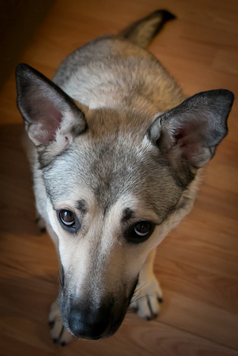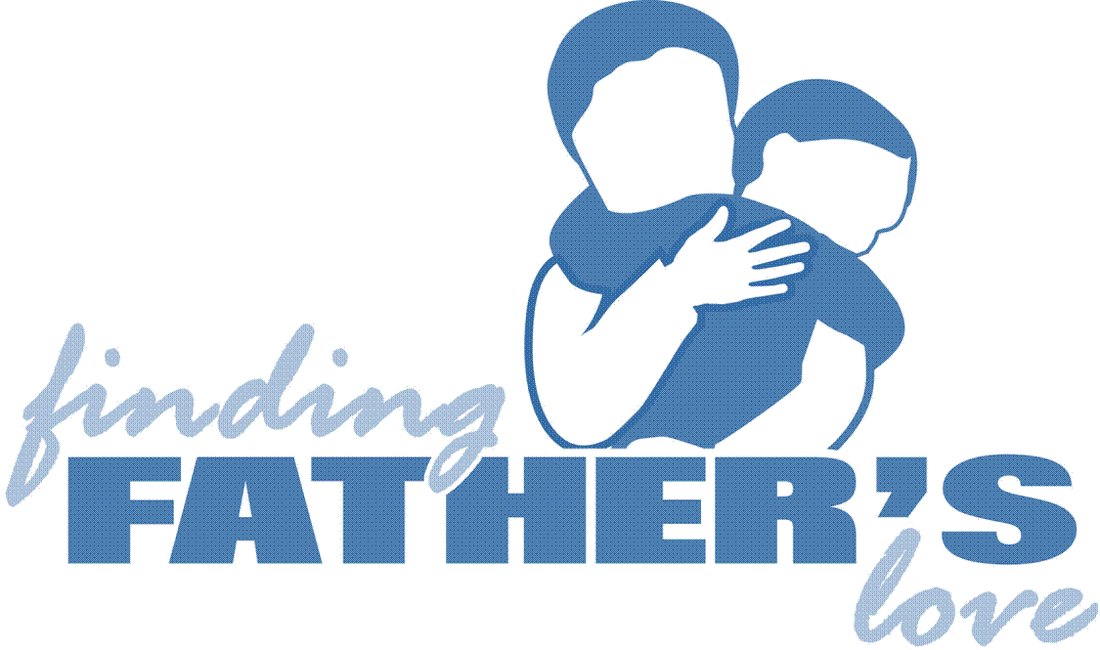
Professional dog trainers agree: This method never works.
Rubbing a dog’s nose in his mess will never lead him to the conclusion that he should from now on do his business outside. Women often complain about men’s scatological customs, but a dog’s embedded bathroom etiquette consists of one rule: Don’t poop or pee next to the feeding dish.
Research has shown that rubbing a dog’s nose in his mess is not only ineffective in terms of preventing carpet stains, but often leads to a number of troublesome behaviors:
- The dog may become fearful of those in “authority.”
- He may hide when he has to go.
- He may become aggressive toward people or animals of lower status.
- He may isolate himself.
- He may forget how to play.
Rubbing a dog’s nose in his mess does not serve to make him more obedient. Maybe more afraid, more angry, more aggressive, more reclusive, more dispirited. But not more obedient.
The same holds true for people. How I wish some parents understood this. How I wish the church understood this.
We have all made messes from time to time. We have all done things we’re not particularly proud of. We have all made mistakes. And we all have those people in our lives who take pleasure in rubbing our noses in what we've done; people who find some sick satisfaction in heaping shame on our heads, continually pointing at the stains of our sins to insure that we feel duly bad about what we’ve done so that we will never do it again.
The results are similar to those of a dog who experiences such treatment. It does not instill a desire to modify sinful behavior. Rather, it teaches responses that are even more problematic. When others rub our noses in our mess:
- We learn to fear those in “authority.”
- Instead of stopping our sinful behaviors we simply learn to hide them.
- We learn that we can feel better about ourselves when we put others down.
- We learn to isolate ourselves so we don’t get hurt.
- We experience less and less joy and more and more shame.
Actually, shame is the one thing that separates our response from that of a dog. Unlike us humans, dogs are incapable of feeling shame. When I see how some dog lovers dress their animals in ridiculous sweaters, dresses--even Halloween costumes--I envy a dog’s incapacity for shame. Yet, because it has been so ingrained in me, I find myself feeling shame on their behalf.
When He walked this earth, Jesus modeled for us how we are to treat others. And never once did He use shame in His response to sinners. Instead, he met people in the depth of their sin and guilt and shame and offered them healing, hope, and forgiveness. He longs to do the same with you and me.
Others may condemn us for things we’ve done. We may condemn ourselves. But the Bible tells us that there is no condemnation in Christ. None. No matter how big a mess we’ve made in our lives, we need never fear that Jesus will yell at us that we’re bad or swat us with rolled up Scriptures until we slink away, our tails between our legs.
Shame is destructive. We must avoid it if we are to soar like eagles as God intends for us to do. That may mean setting boundaries with certain family members. It may mean "unfriending" people whose expectations we can't meet. It may mean finding a new church.
Then, we must turn to the One who wants to free us from our shame. He--and only He--can restore in us what shame strips away: dignity, honor, and worth. And we will find that we don't make nearly as many messes as we used to.



 RSS Feed
RSS Feed